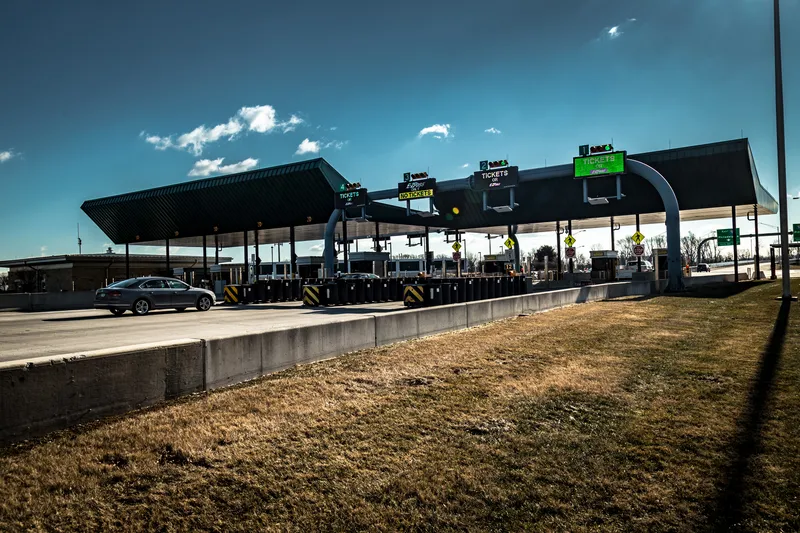
PTC CEO Mark Compton says: “This temporary measure is critical to enable us to support the Commonwealth in its efforts to mitigate the spread of Covid-19. I want to be clear that we will return to normal toll-collection operations as soon as it becomes practical.”
PTC says all tolls will be assessed electronically via E-ZPass or the PA Turnpike Toll by Plate programme as vehicles travel through tolling points.
Drivers without an E-ZPass should continue to use lanes marked 'Tickets' on entry and 'Cash' on exit, but should keep moving through the lane without stopping. The vehicle owner receives a Toll By Plate invoice within 30 days of the trip made through the tolling point.
Motorists have 20 days to pay the invoice before a second one is issued with an additional fee of $5 or the equivalent of 1.5% of the total amount owed.
Cash tolls will still be in place on the Mon-Fayette Expressway via the current automated payment machines.










